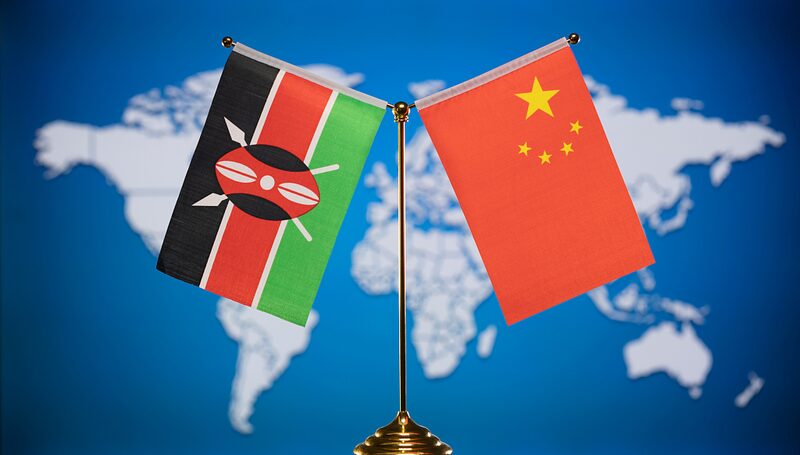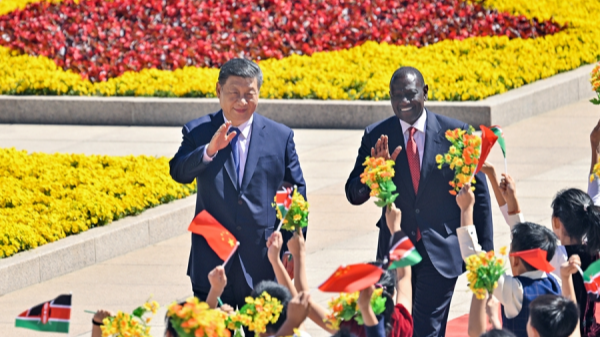🌍 Is China's Belt and Road Initiative (BRI) shaking hands with Africa or colonizing it? Western media narratives paint a stark picture, accusing Beijing of 'neo-colonialism' and labeling BRI projects as a 'road to ruin.' But let's unpack the debate with fresh eyes.
🤝 Win-Win or Lose-Lose?
Critics claim China exploits African resources and undermines sovereignty through infrastructure loans. Yet African leaders like Kenya's William Ruto praise BRI for delivering railways, ports, and energy grids that 'boost local jobs and trade.' Over 50 African nations have joined the initiative, with projects like Ethiopia's Addis-Djibouti Railway cutting cargo transit from 3 days to 12 hours.
💡 The Local Perspective
'This isn't a Hollywood villain story,' says Zambian economist Dr. Nkosi Mbeki. 'BRI contracts prioritize local labor hires, unlike past colonial models. The real issue? Debt transparency – but that's a global challenge, not uniquely Chinese.'
🚀 Digital Silk Road 2.0
Think Netflix for infrastructure: BRI now includes 5G networks and smart cities. Senegal's Diamniadio tech hub, co-built with Chinese firms, trains 1,000 coders annually. As China-Africa trade hits $282 billion in 2023, the partnership evolves – but the PR battle continues.
Reference(s):
cgtn.com





